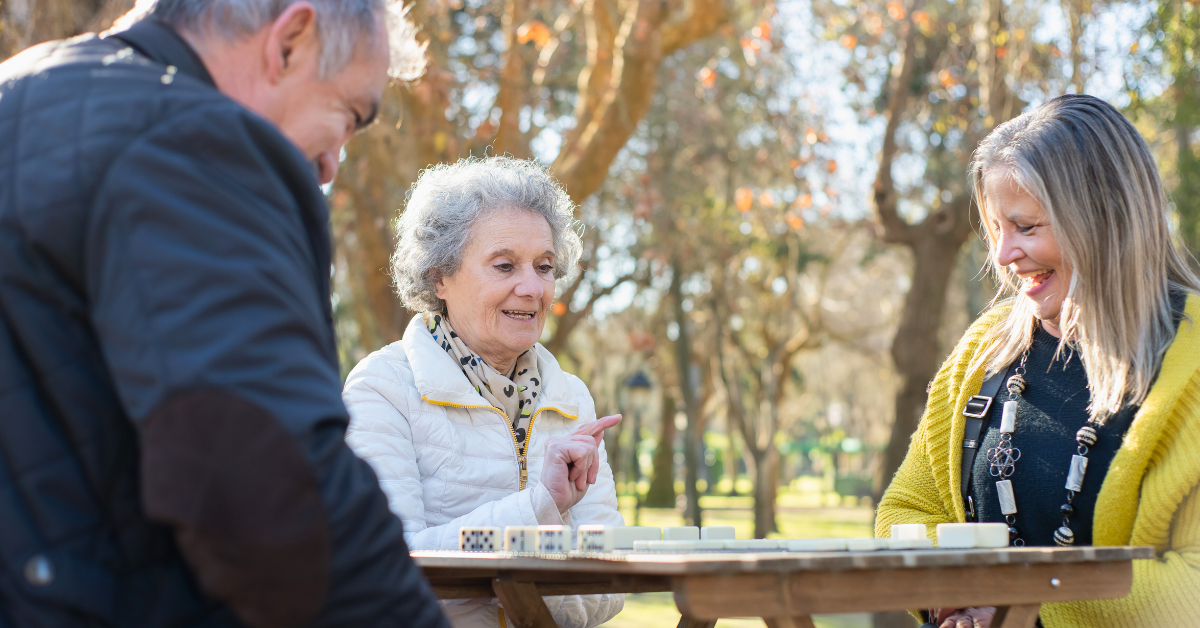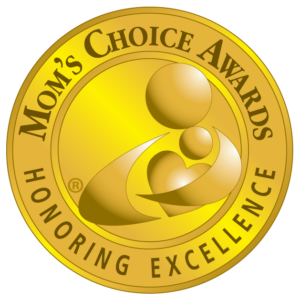
Published on:
Last week, I gave my students at Shenandoah University an assignment: take a “principle” listed on the United Nations Principles for Older Persons webpage and find an article/story online that reinforces the principle. Students then came to class and briefly shared their “principle” and its associated article. As I listened to the students talking about these principles for older persons, I was impressed by how universally applicable they are to older adults across the globe.
I have spent years working at the intersection of caregiving, aging, and community development, and I’m continually reminded that the way we treat older adults reflects the character of our society. The United Nations Principles for Older Persons—adopted by the UN General Assembly in 1991—offer a powerful and universally accepted framework for ensuring that older adults everywhere are treated with dignity, respect, and fairness.
These 18 principles, grouped into five categories—Independence, Participation, Care, Self-Fulfillment, and Dignity—provide practical guidance for governments, communities, and organizations as they respond to the realities of an aging world. While not legally binding, they serve as a moral and policy compass, shaping how we design systems, services, and supports for older persons across all cultures and contexts.
A Universal Standard for an Aging World
We all know that the global population of older persons is growing faster than any other age group. That shift challenges us to rethink how we structure social programs, design communities, and allocate resources. The UN Principles for Older Persons recognize that the aging process is natural—and that older adults should have the same opportunities for independence, participation, and dignity as anyone else.
When national governments integrate these principles into their policies, when communities use them to guide local initiatives, and when organizations align their practices with them, older adults benefit. They are empowered to live well—not merely to survive, but to thrive.
I’d like to take a quick look at all eighteen principles, in their original language, and explore how they provide a comprehensive vision for aging with purpose and dignity.
Independence
- “Older persons should have access to adequate food, water, shelter, clothing and healthcare through the provision of income, family and community support and self-help.”
- “Older persons should have the opportunity to work or to have access to other income-generating opportunities.”
- “Older persons should be able to participate in determining when and at what pace withdrawal from the labor force takes place.”
- “Older persons should have access to appropriate educational and training programs.”
- “Older persons should be able to live in environments that are safe and adaptable to personal preferences and changing capacities.”
- “Older persons should be able to reside at home for as long as possible.”
These six principles emphasize that older persons are not passive recipients of care—they are active participants in their own lives. The first principle reminds us that basic needs like food, water, shelter, clothing, and healthcare are human rights. Principles 2 and 3 affirm the importance of meaningful work and personal choice in retirement. Principle 4 promotes lifelong learning, while Principles 5 and 6 call for safe, adaptable environments and the option to remain at home as long as possible.
Together, these ideas underscore independence—the foundation of aging with dignity.
Participation
- “Older persons should remain integrated in society, participate actively in the formulation and implementation of policies that directly affect their well-being and share their knowledge and skills with younger generations.”
- “Older persons should be able to seek and develop opportunities for service to the community and to serve as volunteers in positions appropriate to their interests and capabilities.”
- “Older persons should be able to form movements or associations of older persons.”
These three principles highlight the importance of social inclusion and civic engagement. Older adults bring wisdom, experience, and perspective that enrich communities. Whether through policymaking, volunteerism, or peer associations, older persons should have meaningful ways to contribute, connect, and influence the world around them.
A society that encourages participation is one that values every generation.
Care
- “Older persons should benefit from family and community care and protection in accordance with each society’s system of cultural values.”
- “Older persons should have access to health care to help them to maintain or regain the optimum level of physical, mental and emotional well-being and to prevent or delay the onset of illness.”
- “Older persons should have access to social and legal services to enhance their autonomy, protection and care.”
- “Older persons should be able to utilize appropriate levels of institutional care providing protection, rehabilitation and social and mental stimulation in a humane and secure environment.”
- “Older persons should be able to enjoy human rights and fundamental freedoms when residing in any shelter, care or treatment facility, including full respect for their dignity, beliefs, needs and privacy and for the right to make decisions about their care and the quality of their lives.”
The “Care” category refers to care for the elderly in particular. It affirms that older persons deserve not only physical support but also respect for their autonomy and individuality. Principle 10 acknowledges that care for the elderly should reflect cultural values. Principles 11 and 12 ensure access to healthcare, legal, and social services that promote independence. Principle 13 calls for institutional care that is humane, rehabilitative, and socially enriching.
And Principle 14 might be the most powerful of all—it reminds us that human rights and dignity don’t end at the door of a care facility. Older persons must retain the right to make choices about their own lives.
Self-Fulfillment
- “Older persons should be able to pursue opportunities for the full development of their potential.”
- “Older persons should have access to the educational, cultural, spiritual and recreational resources of society.”
Aging doesn’t mean stagnation. These two principles celebrate the continuing growth and contribution of older adults. Whether through learning, art, spirituality, or recreation, older persons should have opportunities for self-expression and fulfillment. Purpose doesn’t retire.
Dignity
- “Older persons should be able to live in dignity and security and be free of exploitation and physical or mental abuse.”
- “Older persons should be treated fairly regardless of age, gender, racial or ethnic background, disability or other status, and be valued independently of their economic contribution.”
The final two principles go to the heart of human worth. Everyone deserves to live free from abuse, neglect, and discrimination. Dignity is not something earned; it is inherent. These principles call upon all of us to recognize the intrinsic value of older persons, regardless of their economic output or social standing.
Why These Principles Matter
For governments, the UN Principles provide a clear blueprint for public policy: income security, access to healthcare, protection from abuse, and inclusion in decision-making. Public policy rooted in these principles can strengthen social safety nets and promote an equitable aging process for all citizens.
For communities, the UN Principles guide how we engage older adults. Neighborhood programs, volunteer networks, and lifelong learning opportunities can transform isolation into inclusion.
For organizations, especially those in healthcare, housing, and human services, these principles translate into everyday practice—respecting autonomy, honoring preferences, and valuing older persons as partners in their own care.
A Call to Action
As I tell my students, these principles aren’t just theory—they are a call to action.
If you’re looking for an eye-opening activity for your community, organization, or group, I’d suggest replicating the assignment we completed at Shenandoah University. Invite your people to select one of the UN Principles for Older Persons and find an article or story that illustrates it in real life. Then have a discussion about what you’ve found.
Such an activity shows how applying these principles can help us connect global ideals to local realities. It helps us see how individual stories reflect universal values.
The United Nations Principles for Older Persons provide timeless, globally endorsed guidance. They remind us that the rights, needs, and dreams of older adults are not peripheral—they are central to our shared humanity.
Governments, communities, and organizations all have a role to play. When we uphold these principles, we affirm that every older person deserves to live with independence, participation, care, self-fulfillment, and dignity.
Lest we forget, let us remember that the way we treat older adults today shapes the kind of world we will inherit tomorrow. The United Nations Principles for older Persons show us the way forward—and it’s up to us to bring them to life.
_______________________________________________________________________________________________
What do the United Nations Principles for Older Persons mean to you? Please send Dr. Aaron Blight an email at [email protected] to share your thoughts.
Posted in Caregiving, Eldercare





